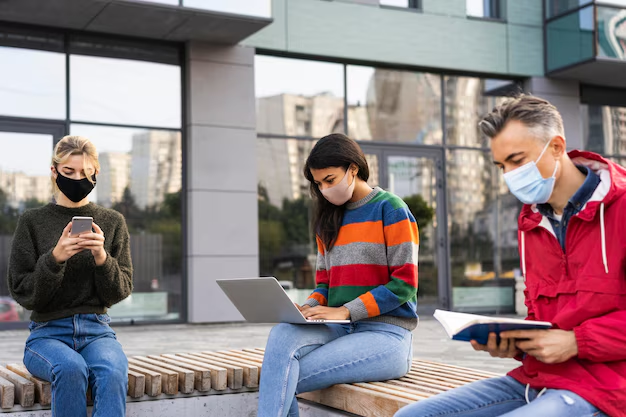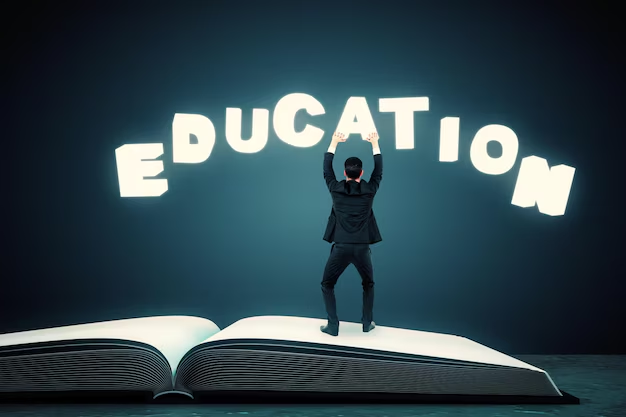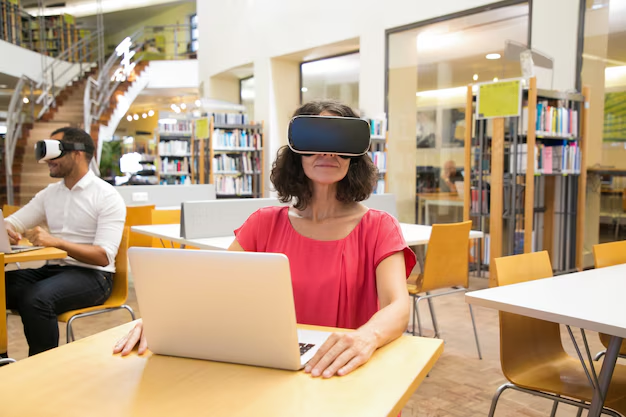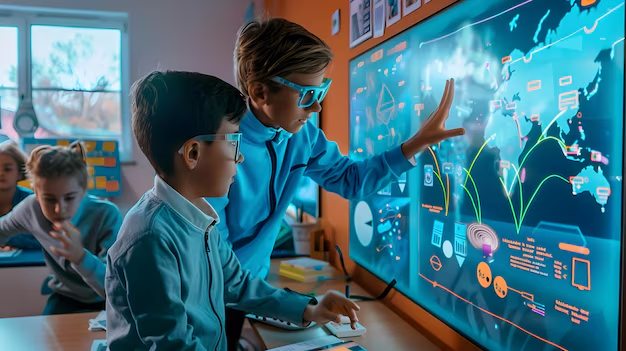Introduction: Education is more than just a tool for personal development—it is a powerful force that can bridge gaps, transform lives, and create stronger, more resilient communities. From reducing poverty and inequality to fostering economic development, education plays a pivotal role in shaping the future of individuals and societies. This article explores how education transforms lives, promotes social change, and helps create a better world for everyone, no matter their background or circumstances.
The Role of Education in Empowering Individuals:
- Providing Access to Opportunities: Education opens doors to opportunities that would otherwise remain closed. It allows individuals to acquire skills and knowledge that increase their chances of securing stable employment, leading to higher earning potential and economic stability. Access to education is one of the most effective ways to combat poverty and improve one’s quality of life.
- Boosting Confidence and Self-Esteem: As individuals gain knowledge and skills, they also experience a boost in confidence and self-esteem. Education enables people to better understand their own potential, motivating them to set and achieve personal and professional goals. Empowered individuals are more likely to contribute positively to their communities and become agents of change.
- Creating Informed Citizens: Education is essential for creating informed and responsible citizens. With a solid educational foundation, individuals are more likely to make informed decisions about their health, finances, and civic duties. Education fosters critical thinking and the ability to evaluate different perspectives, making it easier for individuals to engage in meaningful discussions and participate in democratic processes.
How Education Transforms Communities:
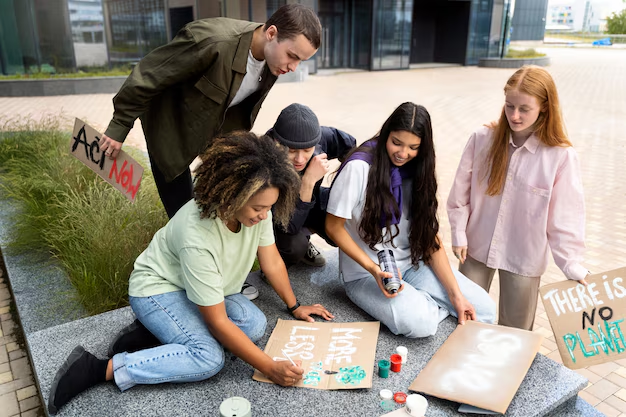
- Promoting Social Cohesion and Inclusion: Education plays a crucial role in promoting social cohesion by fostering understanding and empathy among diverse groups. It helps bridge cultural, economic, and social divides by encouraging tolerance, respect, and collaboration. Inclusive education promotes equal opportunities, ensuring that everyone, regardless of their background, can access the same opportunities to succeed.
- Reducing Inequality: One of the most significant ways education transforms communities is by reducing social and economic inequality. By providing equal access to quality education, societies can level the playing field, allowing individuals from disadvantaged backgrounds to rise above their circumstances. Education helps break the cycle of poverty and provides opportunities for upward mobility, benefiting entire communities.
- Building Stronger Economies: Educated communities are more likely to experience economic growth and prosperity. Education contributes to the development of a skilled workforce, capable of meeting the demands of modern industries. A well-educated population leads to higher productivity, innovation, and entrepreneurship, which ultimately boosts the local economy and improves the overall standard of living.
- Enhancing Community Engagement and Participation: Education equips individuals with the knowledge and skills needed to engage with their communities in meaningful ways. Educated individuals are more likely to volunteer, participate in local governance, and advocate for the needs of their communities. Strong community engagement leads to improved social services, better infrastructure, and an overall higher quality of life.
The Global Impact of Education:
- Tackling Global Challenges: Education is a key factor in addressing some of the world’s most pressing challenges. From climate change to global health crises, educated individuals are better equipped to understand, address, and take action on global issues. Education fosters innovation and equips people with the tools to develop sustainable solutions for environmental and societal problems.
- Promoting Gender Equality: Education is one of the most powerful tools for promoting gender equality. Educating girls and women is proven to have a transformative effect not only on their lives but also on their families and communities. Educated women are more likely to have healthier families, be financially independent, and contribute to the economic and social well-being of their communities.
- Fostering Global Citizenship: Education helps individuals develop a sense of global citizenship, encouraging them to think beyond their immediate surroundings and consider the needs of others. It promotes awareness of global issues such as poverty, human rights, and climate change, motivating individuals to take action and contribute to global efforts for peace and development.
The Future of Education and Its Potential for Transformation:
- Adapting to Technological Advancements: As technology continues to shape the future, education must evolve to incorporate digital tools and resources. Online learning platforms, virtual classrooms, and interactive educational technologies make learning more accessible, allowing individuals from all corners of the world to access quality education. Technology can help bridge educational gaps, making learning more flexible, inclusive, and personalized.
- Promoting Lifelong Learning: Education is a lifelong process, and to keep pace with changing job markets and global challenges, individuals must continue learning throughout their lives. Lifelong learning ensures that individuals stay relevant in their careers, adapt to new technologies, and contribute to the continuous development of society. Promoting lifelong learning will ensure that everyone has the opportunity to transform their lives and communities over time.
- Prioritizing Inclusive Education: Inclusive education is essential for building societies that value diversity and equality. By ensuring that all individuals, regardless of their socio-economic status, race, or disability, have access to education, we can create communities that are more just and equitable. Prioritizing inclusive education will empower marginalized groups and help eliminate systemic barriers to opportunity.
Also Read : From Knowledge To Action: The Impact Of Education On Society
Conclusion: Education is a powerful tool that can bridge gaps, transform lives, and create stronger communities. It provides individuals with the knowledge and skills they need to succeed and contributes to social and economic development at a broader scale. By investing in quality education, societies can reduce inequality, promote social cohesion, and address global challenges. The transformative power of education has the potential to create a more inclusive, sustainable, and prosperous future for everyone.
SEO Optimized Keywords Used:
- Importance of education
- How education transforms lives
- Education and social change
- Education for empowerment
- Building strong communities through education
- Education and economic growth
- Social cohesion through education
- Reducing inequality through education
- Education for global development
- Lifelong learning
- Inclusive education
- Education for gender equality
- Global citizenship and education
- The power of education
- Transformative power of education
- Education and community engagement
- Education and social mobility
- Impact of education on communities
- Education for sustainability
- Future of education


